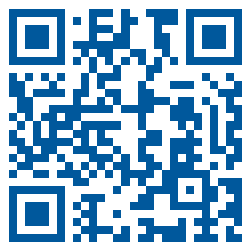
 Clinical Trials Assistant in Bolton inBolton
Clinical Trials Assistant in Bolton inBolton PUBLISHED THU 7 NOV 2024 Jump to job information section
Bolton NHS Foundation Trust rEn7pDMh
Job description
Band 3 - Clinical Trials Assistant
Temporary Contract - 12 Months
Base: Research and Development, Royal Bolton Hospital
In order to support the growth and development of Research across the Trust, we are looking for an enthusiastic and highly motivated individual to join our Research team in the role of Clinical Trials Assistant.
The Clinical Trials Assistant works closely with the research nurses and practitioners who are responsible for the management of a defined portfolio of research studies and caseload of patients participating in clinical trials.
The post-holder will support the clinical team by providing comprehensive administrative support relating to trials. The role will involve maintenance of trial site files, collection and input of research data, communication with study sponsors, researchers and the research network to assist with the set-up of new trials, and some basic laboratory support. They will be expected to work at times without supervision and at all times to facilitate a high quality research service. We are looking for someone with excellent organisation skills and attention to detail, who can work to deadlines with accuracy.
About us
Full details of the post responsibilities can be found in the job description and person specification provided.
If you're interested in this role but you have questions or you're not yet ready to apply, then please book a quick call with us and we'd be happy to answer any questions you have and tell you more about the role.
Requirements
See the job description for full role requirements.
Benefits
Benefits are provided by the employer and will be confirmed during your application.
A quick tap lets us tune future job matches for you


Scan with your phone to return to this page later.